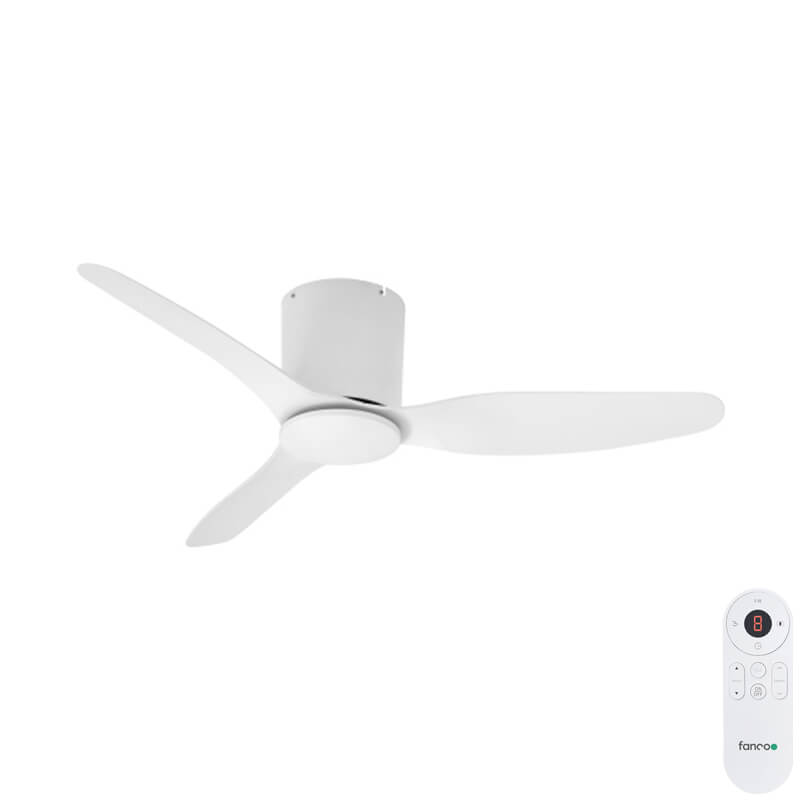As a Port Macquarie electrician, I often get asked about the difference between DC (Direct Current) and AC (Alternating Current) fans. While both types are designed to cool your home or office, the choice between the two can significantly affect your energy efficiency, comfort, and long-term savings. Let’s break down the key differences to help you decide which one is the better fit for your needs.
Energy Efficiency
The most noticeable difference between DC and AC fans is energy efficiency. DC fans run on direct current, meaning the electricity flows in one direction, making them highly energy-efficient. In contrast, AC fans operate on alternating current, where the electricity constantly switches direction. This process is less efficient, meaning AC fans tend to consume more power to perform the same job. In my experience, clients who opt for DC fans often see reductions of up to 70% on their energy consumption compared to using traditional AC fans.
Cost and Installation
DC fans usually come with a higher upfront cost than AC fans. However, the energy savings over time often justify the initial investment, especially in a climate like Port Macquarie’s, where fans can run for extended periods during the hotter months. From an electrician’s point of view, the installation process for both DC and AC fans is relatively straightforward. DC fans do require an internal inverter to convert AC power from your home’s electrical system into DC power, but this is built into the fan. AC fans, on the other hand, draw power directly from your home’s AC supply.
Speed and Control
Another significant difference is the level of control you get with DC fans. DC fans offer more speed settings—typically between five to seven speeds, compared to the three-speed options of most AC fans. This greater range allows for more flexibility in managing airflow and comfort. Many DC fans also come with features like reverse functions and remote controls, giving you a more modern and user-friendly experience. However DC fans can only be used with the supplied handheld remote, I am not sure why that is but if you require a wall controller or integration into an automation system you will have to go with an AC fan.

Noise and Longevity
DC fans tend to be quieter than their AC counterparts because of their brushless motors, which generate less friction and heat. This makes them ideal for bedrooms or living spaces where noise can be a disturbance. Additionally, the reduced wear and tear on DC motors generally means these fans have a longer lifespan than AC fans, which is a bonus for anyone looking for a long-term solution.
Conclusion
In summary, while AC fans are more affordable upfront, DC fans win in terms of energy efficiency, noise levels, and lifespan. From an electrician’s perspective, if you’re after long-term savings and comfort, a DC fan is a smarter investment, especially in a place like Port Macquarie where cooling is a necessity for much of the year.